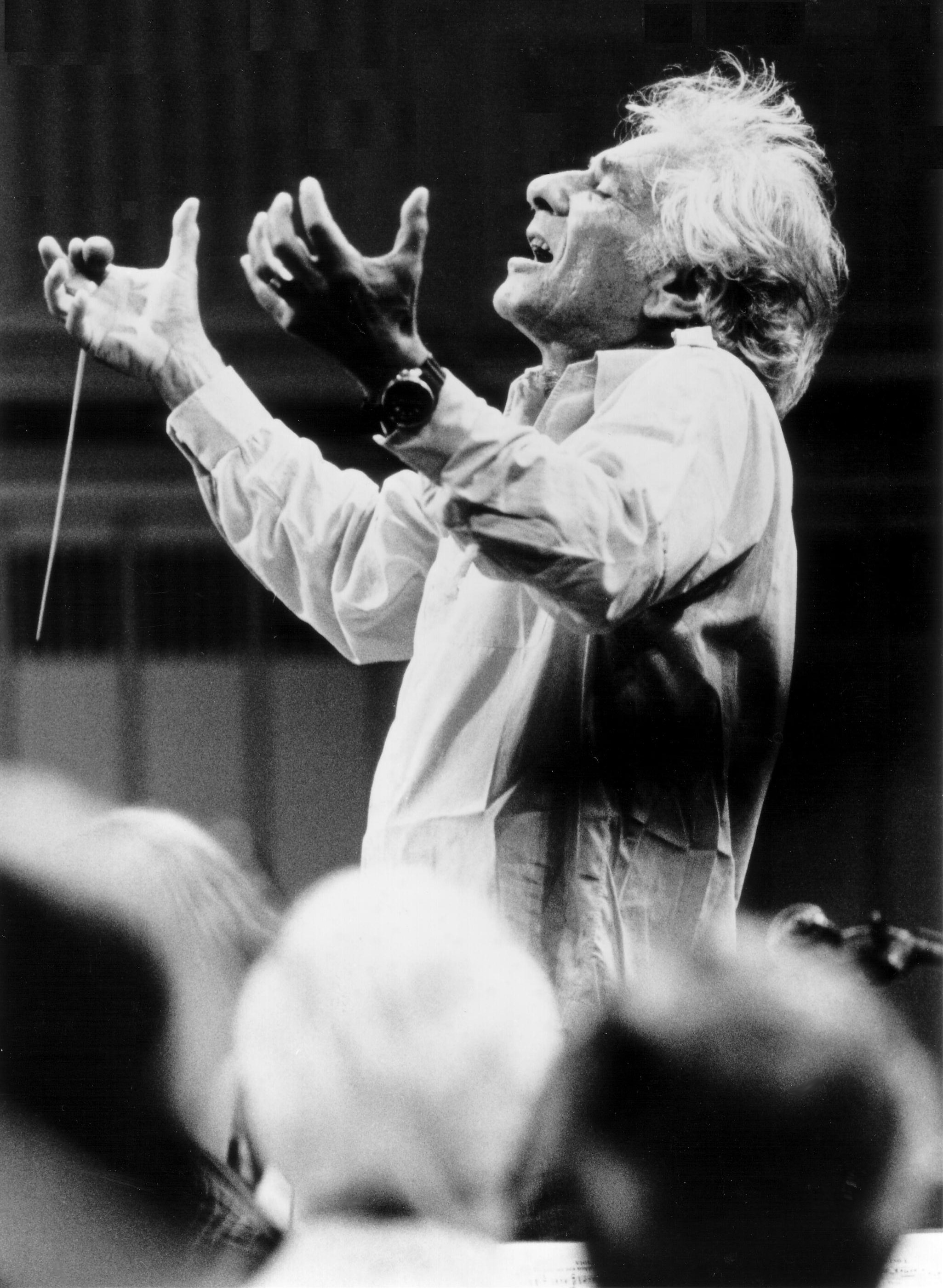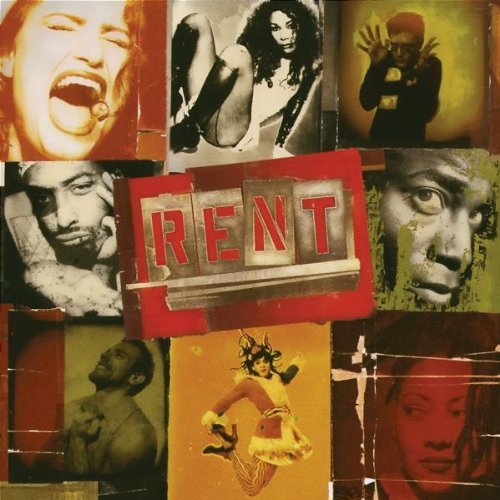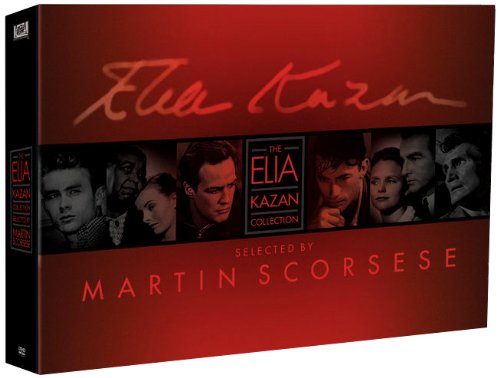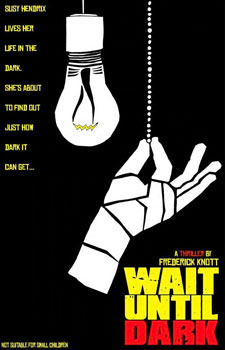When I purchased my ticket to NYCO‘s Lucky to Be Me: The Music of Leonard Bernstein a couple months back, it was for two reasons – Victoria Clark was singing and there would be selections from 1600 Pennsylvania Avenue. I’m a big Bernstein fan and love his other shows, but I revel in the opportunities I’ve had over the past couple of years to hear songs from this lost score performed in NY.
You see, ever since I first heard the 1600 Pennsylvania Avenue score and Patricia Routledge’s performances of “Take Care of This House” and “Duet for One” a few years back, I’ve wanted to hear Clark sing those numbers, as she is the closest we have to a Routledge on Broadway today. When the revised score, under the title A White House Cantata, is performed, opera singers without musical theatre backgrounds have been cast and much of the warmth and humor is gone from the role of the First Lady. So you can imagine my reaction when I opened the concert’s Playbill to see that she would be delivering this particular number in the eleven o’clock spot of the show. I think I summed it up best in my tweet: ‘Victoria Clark. Duet for One. They might to need to take me out of here on a stretcher.’
But I love Leonard Bernstein music in general. His material is interesting, tuneful and memorable. There is a distinctive sound that is his and his alone, with syncopation and variation and a love of difficult time signatures. His music evokes many reactions from me personally, and I find I’m pretty much able to appreciate and often love every piece of music he has written (that I’ve heard so far). Even when the wordsmith fails, the melody is still often compelling. And hearing his music live makes me wish I had been able to witness him conduct in person; his melodies are as impassioned and enthusiastic and full of life as he was on the conducting platform.
The entire concert was a delight from start to finish, with only minor quibbles about the technical aspects and staging. The performance was onstage at the David H. Koch (formerly the New York State) Theater. The songs were performed in front of the show curtain, which I found a strange choice. The chorus spent much of its time singing from either side of the first tier seats and the space limitations while not overly distracting, seemed generally constricting.
The first act was dedicated entirely to Bernstein’s classical repertoire, with selections from Mass, Songfest and a segment from his Kaddish Symphony No. 3. Aside from a brief introduction by Donna Murphy, the first act consisted of opera singers from NYCO’s current production of A Quiet Place as well as the reliable NYCO chorus and children’s chorus. Christopher Feigum sang “To What You Said,” Bernstein’s setting of Walt Whitman’s poem in Songfest, which amused me greatly as the melody has been recycled from the Prelude to 1600 Pennsylvania Avenue. Feigum and Joshua Jeremiah, who sang a lovely “Simple Song” from Mass, were the solo highlights of the first act.
There were some other great singers onstage, unfortunately the acoustics in Koch Theatre made it difficult to hear them over the orchestra. The best sound seemed to come from the front orchestra section, where the children’s chorus lined up to sing – facing the stage – and could be heard clearer and louder than any of the trained opera professionals. Sound remained an issue throughout the evening, though it improved greatly during the Broadway themed second act.
As for act two, it was one showstopper after another from Bernstein’s five Broadway musicals. While the shows themselves run the gamut from classic hit to obscure failure, one thing remains consistent: Bernstein wrote damned good scores for all of them. The audience, which was exceptionally polite during the more solemn first act came to life during this portion. Darius de Haas, Michael Urie and Jeremiah Johnson got it started with a lively reading of “New York, New York” from On the Town which segued directly into a winning “Something’s Coming” from West Side Story. Kelli O’Hara was the ideal Eileen with “A Little Bit in Love” from Wonderful Town, while Christine Ebersole had a field day as On the Town’s Hildy, with dynamite renditions of “Come Up to My Place” (with Urie) and “I Can Cook Too.” Cheyenne Jackson offered a lovely “Lucky to Be Me,” with the unbelievably gorgeous choral arrangement. Michael Baritone Sidney Outlaw held the audience captive with the most haunting rendition of “Seena” from 1600 Pennsylvania Avenue that’s been heard since Gilbert Price originated the part.
Other highlights included Donna Murphy’s hilarious showstopping “One Hundred Easy Ways” from Wonderful Town, while Michael Cerveris countered with a beautifully understated, wistful rendition of “A Quiet Girl” from the same score. Clark and O’Hara danced and trilled their way through the comic duet “We Are Women” written for the original London production of Candide. The high point of the evening was the combination of “Tonight” (sung by Jackson & O’Hara) with the “Quintet” which featured Cerveris as Riff and our Murphy as Anita. It was an electrifying performance that brought about one of the largest audience responses of the evening.
The finale packed a one-two punch: Ebersole, Murphy, Jackson and Cerveris performed the plaintive “Some Other Time” from On the Town. Then Armstrong and Jakubiak returned to lead “Make Our Garden Grow,” the finale of Candide. There is a section in the song at its climax where the orchestra cuts out while the choral group is singing in 8 parts; its effect is almost indescribable. It is one of the most spine-tingling experiences a person can have as an audience member and a perfect way to cap off the evening.
As for “Duet for One (The First Lady of the Land),” I relish every opportunity I have to hear it. It’s a challenging nine minute number that involves more than just the woman at its center and a successful performance hinges on mastering its deliberately schizophrenic nature. It was probably the starriest version I’ve ever seen with Jackson standing in for Rutherford B. Hayes and Michael Cerveris delivering the oath of office. Clark was a wonder, clearly having a field day with the material. The staging was far more cumbersome than it needed to be, but Clark was a delight. I want to hear her perform it again and again.
The Bernstein estate should seriously reconsider the withdrawal of the 1600 Pennsylvania Avenue score and create a new recording, akin to John McGlinn’s landmark reconstruction of Show Boat. While the show suffered an embarrassing failure in 1976, the score contains some dazzling material, including some truly great music left out of the concert revision, A White House Cantata. I had conversations with some concertgoers after the show and they asked me how I knew this score. They were astonished from the selections they heard and seemed genuinely interested in hearing more. “What a shame they didn’t record a cast album!” The Cantata does have a recording, but its staid and rather boring. Mr. Outlaw and Ms. Clark proved last night that the score deserves better. In the unlikely event the score ever does get a full recording, Clark should be first in line to play the First Ladies.












